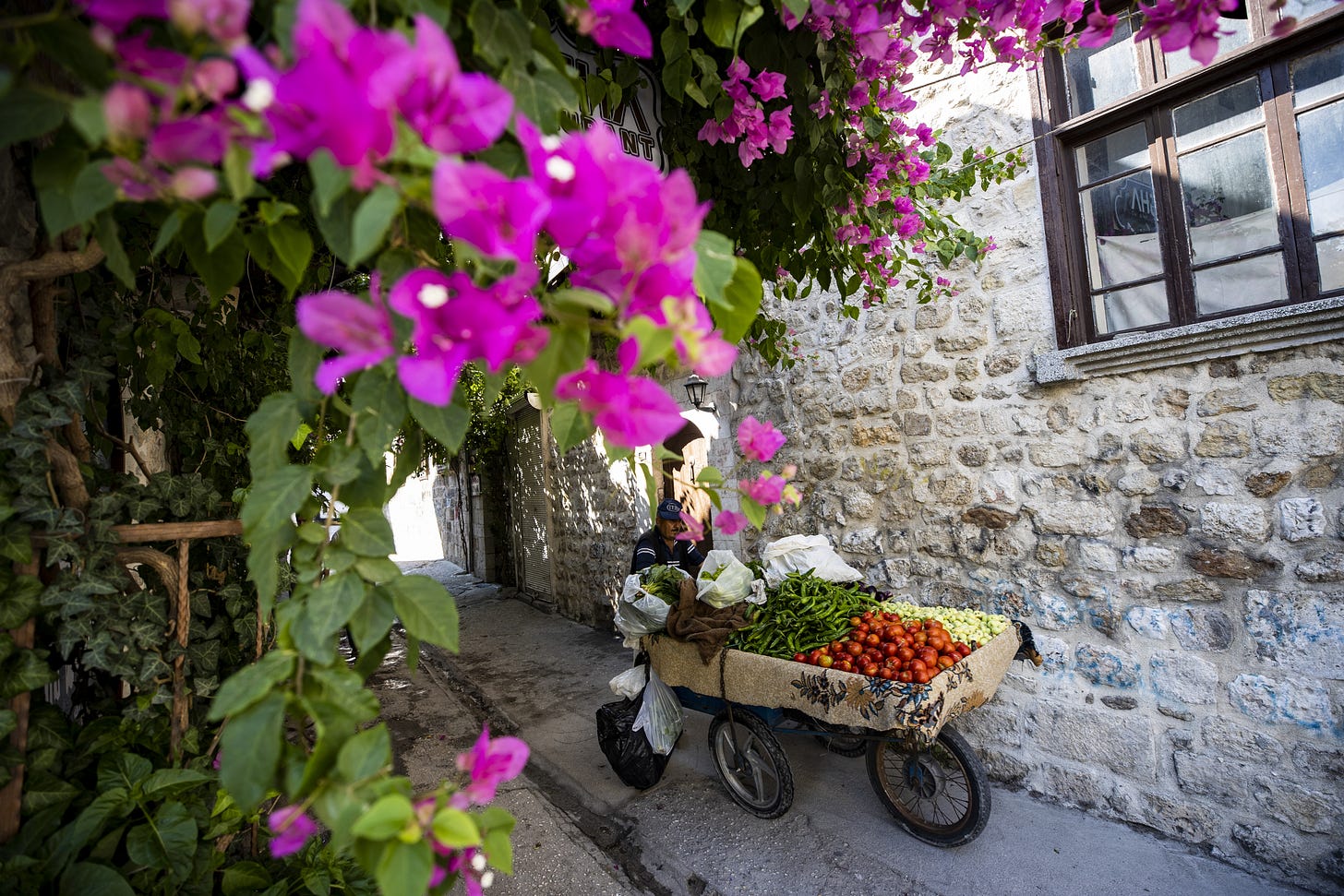Speak, memory
My hazardous memories from the Turkish earthquake zone.
Fearless reporting, a behind-the-curtains look at how journalism is made — and an unabashed point of view. Welcome to Chills.
Whenever I go on a reporting trip, I take excess photos. What I mean by this is that I tend to snap a bunch of random shots as I’m leaving a source’s house, for instance, aiming at nothing in particular. These photos help me tremendously as I write later. An example: I knew months after visiting a suburb of Kyiv that there had been a six-foot-tall rust-colored wall around the garden at a Ukrainian couple’s house — a detail I was unsure of before I checked my photos.
After 20+ years in journalism I don’t necessarily trust memory anymore.
“Memory takes a lot of poetic license,” Tennessee Williams wrote in “The Glass Menagerie.” “It omits some details; others are exaggerated, according to the emotional value of the articles it touches, for memory is seated predominantly in the heart.”



